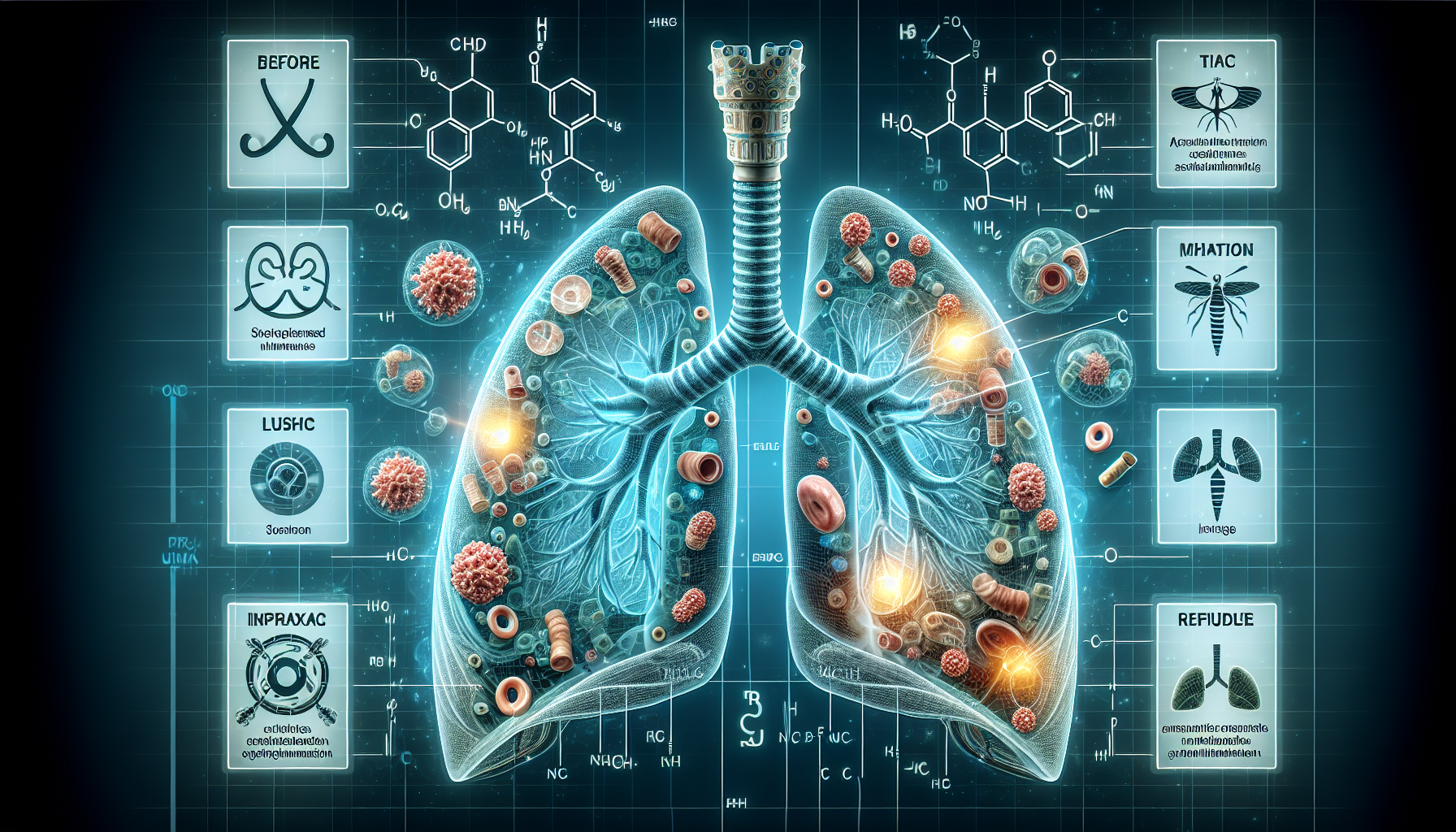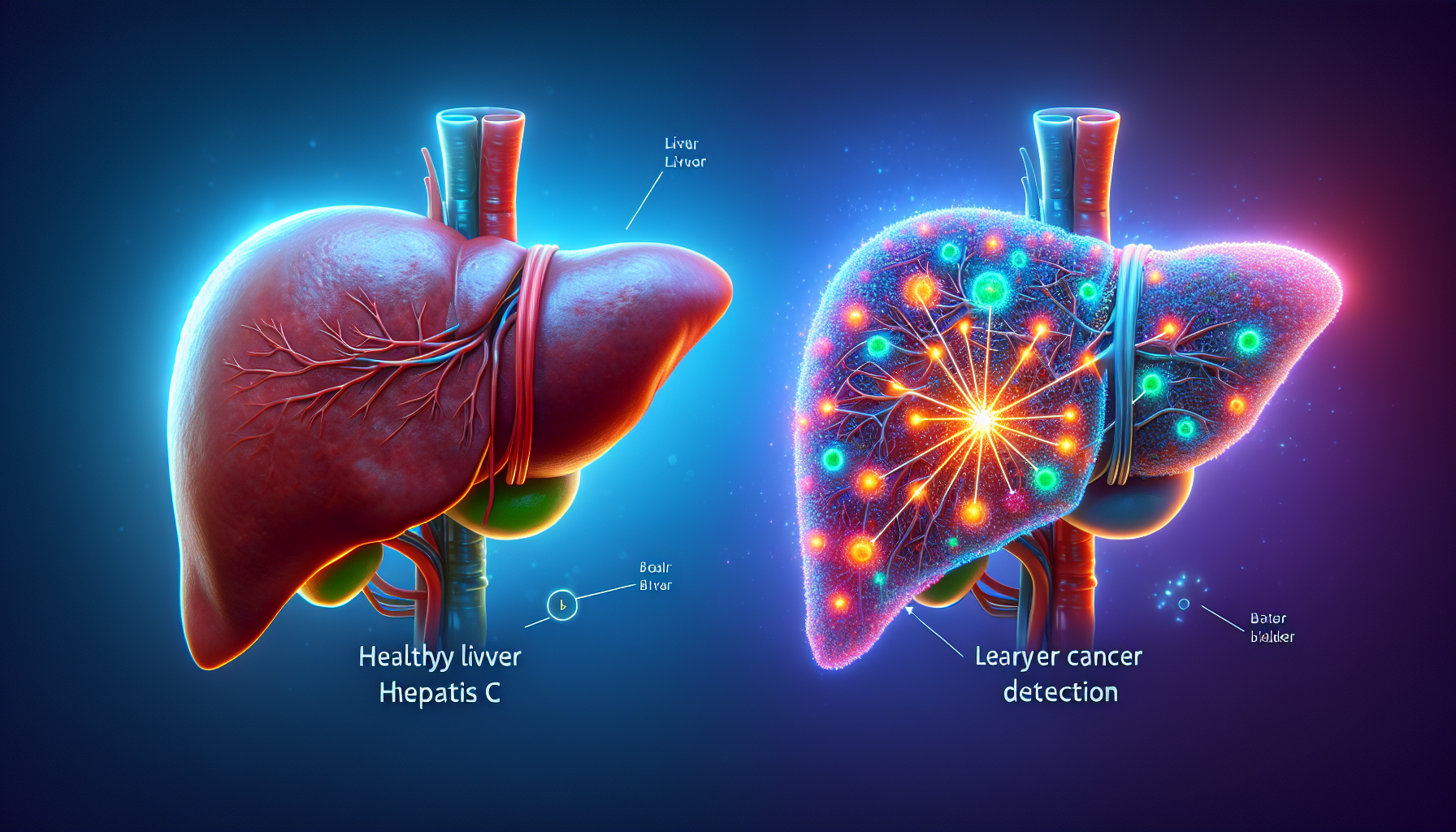Early Detection of Asthma and COPD Improves Health Outcomes
Key Takeaways
- Early detection of asthma and COPD reduces healthcare utilization.
- Specialist care improves quality of life and lung function.
- Primary care improvement is observed even with the diagnosis alone.
Did You Know?
Introduction
Recent research underscores the importance of early detection and specialty care for individuals with undiagnosed asthma and Chronic Obstructive Pulmonary Disease (COPD). Key findings from a Canadian randomized trial have shown that identifying and treating these conditions can significantly reduce healthcare utilization and improve patients' quality of life.
Methodology
The study involved more than 500 adults who were unknowingly suffering from asthma or COPD. Through targeted case-finding methods, these individuals were identified and informed about their conditions. The participants were then randomly assigned to receive care from pulmonologists or their usual primary care providers.
The study utilized automated telephone calls to over a million households to pinpoint individuals with symptoms indicative of respiratory issues. Those meeting the criteria were further screened and enrolled in the trial.
Results
Participants who received care from pulmonologists showed a significant reduction in annual healthcare utilization for respiratory illnesses. Specifically, the intervention group had their healthcare events halved compared to the control group. This included fewer visits to hospitals, emergency departments, and primary care physicians.
Moreover, patients under the pulmonologist-directed care reported notable improvements in quality of life, reduction in symptom burden, and better lung function as measured by forced expiratory volume in one second (FEV1).
Secondary Outcomes
Interestingly, even those who continued care with their primary care providers experienced some improvement. The act of diagnosing their condition alone spurred them to seek medical help, leading to better outcomes.
Despite the primary focus on reducing healthcare utilization, other secondary outcomes such as disease-specific quality of life and overall quality of life (measured using various questionnaires) significantly favored the intervention group.
Patient Demographics
The trial included adults with a median age of 63 years, nearly half of whom were former smokers. Most participants had mild to moderate airflow obstruction and had not been using regular respiratory medications before the study.
Comprehensive Care
Patients in the intervention group received not just pharmacological treatments but also disease education, behavioral counseling, and lifestyle recommendations. This holistic approach ensured better adherence to treatment protocols and avoidance of triggers such as allergens and smoke.
Healthcare Utilization
The rate of participant-initiated healthcare utilization was the primary endpoint. The study found a consistent reduction across both asthma and COPD subgroups. Notably, the intervention group's primary care visits decreased significantly compared to those receiving usual care.
Implications for Health Systems
While these findings highlight the benefits of early diagnosis and specialist care, the researchers pointed out several limitations. The intervention may not be feasible in health systems with limited access to specialty care. Additionally, the case-finding approach was somewhat inefficient, requiring extensive outreach to identify eligible individuals.
Conclusion
This study emphasizes the need for greater awareness and early diagnosis of asthma and COPD. Effective management and specialist care can markedly improve patients' health outcomes and reduce the burden on healthcare systems.
Call to Action
If you or someone you know is experiencing symptoms like persistent cough, shortness of breath, or wheezing, it's crucial to consult a healthcare provider for proper diagnosis and treatment. Early intervention can make a significant difference.





